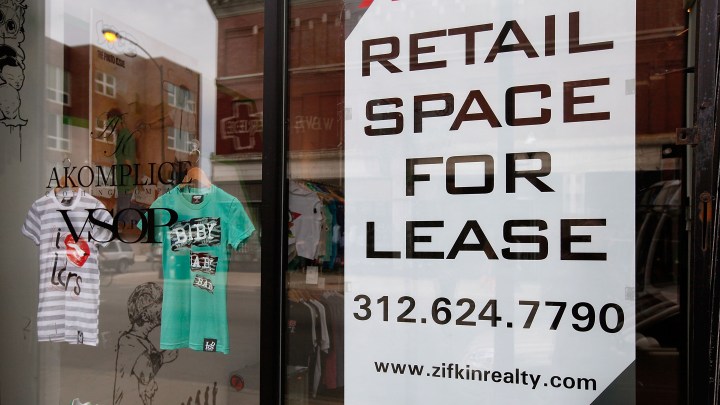
For businesses, American Community Survey is a trove of valuable information
For businesses, American Community Survey is a trove of valuable information

It’s a pretty safe bet that this morning, a whole bunch of data analysts for retailers and consumer-product companies were logging into the U.S. Census Bureau’s website to download the results of the most recent American Community Survey as soon as it became available.
The ACS is an annual mini-census based on a sample of about a couple million U.S. households. It reveals all kinds of information that’s useful to retailers and manufacturers: people’s incomes, races, ages, the type of work they do, even how they get to and from work and how long that takes. And it’s all broken down community by community.
Andrew Reamer, a professor at George Washington University, said businesses use that data “to determine where to put storefronts and where to put factories and where to put any type of business establishment.”
A retail chain that specializes in youth fashion might use the survey to help it figure out where to open new stores, said David French of the National Retail Federation.
“You’re probably not going to go into a community that for the past 20 years has been getting older,” he said. “You’re probably going to look for neighborhoods that have younger families moving in.”
Retailers also use the survey to determine what to put on the shelves of their stores, depending on the area’s demographics.
Retailers aren’t the only businesses that use the survey. The National Association of Home Builders, for example, uses it to help predict housing demand.
“We actually use ACS data on a daily basis, without exaggeration,” said the NAHB’s Natalia Siniavskaia.
Businesses already collect plenty of their own data on customers. Julia Coronado, an economist who teaches at the University of Texas at Austin, said the ACS provides context for companies’ own data.
“In an era of big data, the value of government data has gone up, not down,” Coronado said. “Because any company has very detailed information — or a lot of data — on their own customers and products, but they need to benchmark it against something: What does the broader market look like? What does the broader population look like?”
Coronado said only the government can provide that kind of data.
“It’s a public good with a great deal of value for a lot of people in the economy,” she said.
And best of all, it’s free.
There’s a lot happening in the world. Through it all, Marketplace is here for you.
You rely on Marketplace to break down the world’s events and tell you how it affects you in a fact-based, approachable way. We rely on your financial support to keep making that possible.
Your donation today powers the independent journalism that you rely on. For just $5/month, you can help sustain Marketplace so we can keep reporting on the things that matter to you.


















